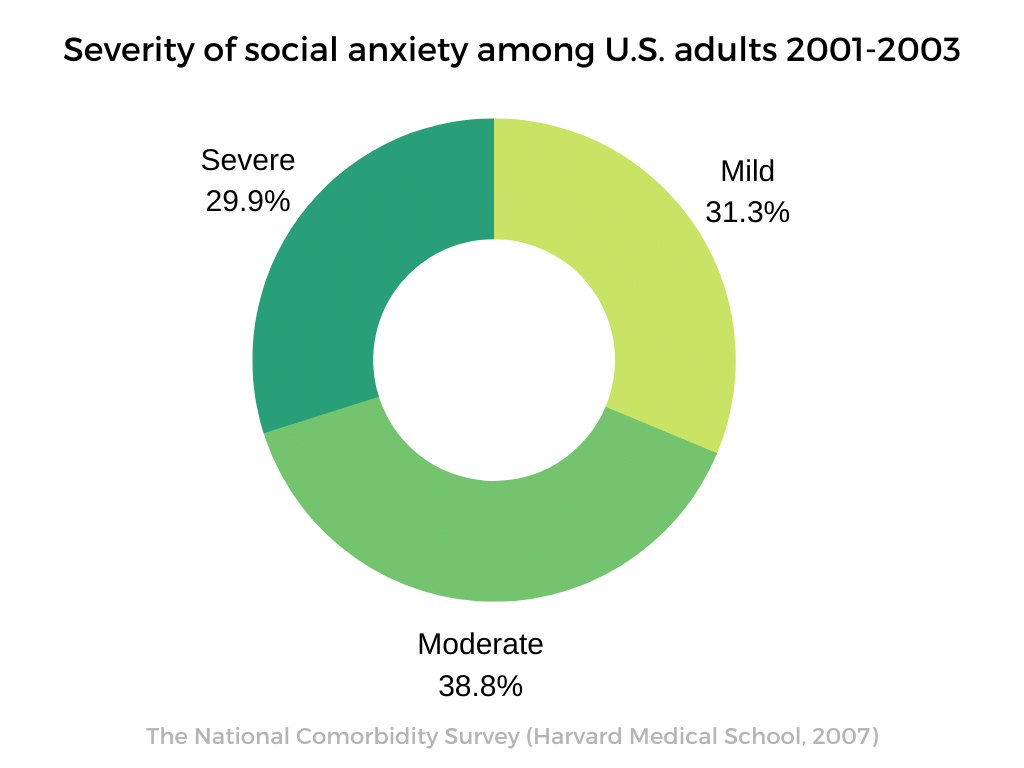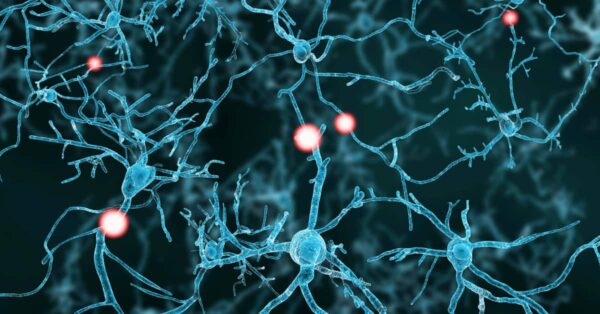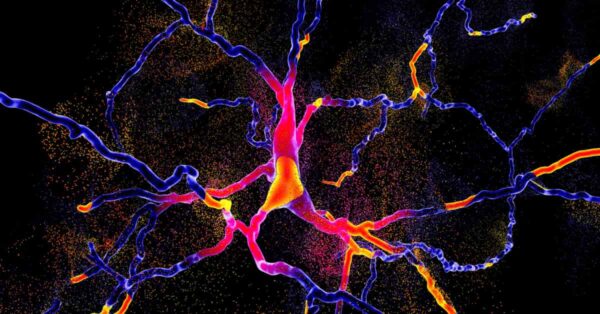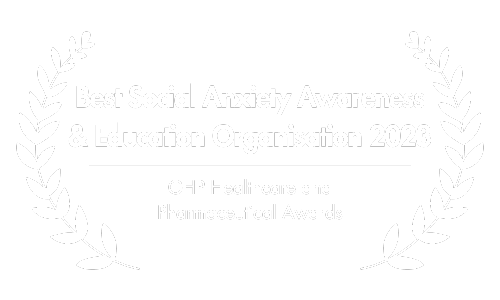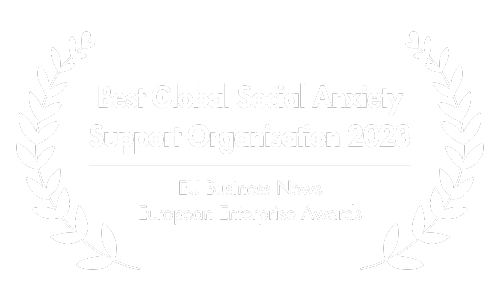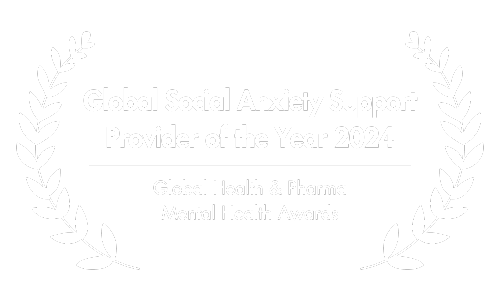When Nerves Turn Into a Problem: Mild Social Anxiety and Its Implications
Social anxiety is a common condition that affects millions of people worldwide.
While severe social anxiety can be debilitating, milder forms of social anxiety can be a normal and helpful trait in certain situations.

In this article, we will explore the nuances of mild social anxiety, including its advantages and disadvantages, and how it differs from more severe forms of the condition.
Let’s get started.
By the way, we offer a free 7-day email course for those looking to conquer their social anxiety.
You will gain insight into your triggers and symptoms, learn practical tools for both short-term and long-term anxiety relief, and get on the path to a happier, more confident you with expert guidance.
If you are interested, click the button below to learn more and get started!
Pros of Having Mild Social Anxiety
Mild social anxiety is characterized as anxiety that is manageable and does not substantially impact an individual’s everyday life.
One of the advantages of mild social anxiety is that it can act as a motivator for people to plan and rehearse social interactions, resulting in improved self-assurance and better social abilities over time.
Moreover, being motivated to make a favorable impression can frequently result in success in social settings.

As a result, experiencing a certain degree of social anxiety can make us more mindful of how we come across and allow us to modify our behavior to be viewed more positively by others.
Additionally, it may enable individuals to better navigate social situations, interpret social cues accurately, and respond appropriately.
Individuals with mild social anxiety may also develop a greater sense of empathy and be more in tune with the emotions of others.
This is due to their heightened sensitivity to social cues and behaviors, which allows them to pick up on nonverbal signals and emotional expressions more easily.
Consequently, this increased social and emotional sensitivity can have several benefits. For example, being attuned to the emotions of others can improve interpersonal communication and facilitate deeper connections with people.
In general, having a greater understanding of the emotions of others can lead to increased empathy and compassion, making individuals with mild social anxiety more effective at helping and supporting others.

In our article discussing social anxiety in the workplace, we identify several professions that individuals with social anxiety are often particularly suited for, based on their natural strengths and abilities. If you are interested, you can access the article by clicking here.
Drawbacks of Mild Social Anxiety
Although mild social anxiety can have some benefits, there are also drawbacks to consider. For instance, mild social anxiety can cause excessive stress and discomfort in social settings, leading to avoidance and isolation.
This can be problematic as avoiding social situations can limit an individual’s opportunities for personal and professional growth, leading to missed experiences and a limited social network.
Moreover, mild social anxiety can also result in negative self-talk and excessive self-criticism, which can exacerbate feelings of anxiety and reduce self-esteem.

Individuals with mild social anxiety are also often more prone to engage in rumination, which can cause them to dwell on past social interactions and worry excessively about future ones.
If left unaddressed, these negative consequences of mild social anxiety can lead to feelings of loneliness and depression, which can further exacerbate social anxiety symptoms.
Therefore, it is important to seek help when social anxiety, including even mild, causes significant stress or interferes with daily life.
Mild vs Severe Social Anxiety
As we have previously mentioned, social anxiety is a common experience that can range from mild to severe levels of intensity, each requiring different levels of intervention.
Mild social anxiety is characterized by occasional discomfort in social situations, which may cause some distress but does not significantly interfere with daily activities. Individuals with mild social anxiety can typically manage it on their own.
In contrast, problematic social anxiety is a more severe and persistent fear of social situations that can cause significant distress and avoidance behaviors.
It can interfere with daily activities and relationships, causing individuals to avoid social interactions, isolate themselves, and feel lonely or depressed. These behaviors can then contribute to an increasing sense of social anxiety over time.

It is crucial to differentiate between these different degrees of social anxiety as they require different approaches to management and treatment.
Individuals with mild social anxiety may benefit from self-help techniques, whereas those with problematic social anxiety typically require professional intervention to manage their symptoms and improve their quality of life.
If you are interested in self-help strategies to manage social anxiety, we have compiled a list of 20 practical tips and exercises in another article. These strategies include downloadable PDFs to help you put them into practice, and we encourage you to check it out by clicking here.
Professional psychotherapeutic approaches that have proven effective in treating more serious social anxiety can be found in our Ebook. You can find it by clicking here.
The Social Anxiety Continuum
When social anxiety becomes problematic, for example because it significantly interferes with a person’s personal and professional life, it can turn into a mental health condition called social anxiety disorder, or SAD for short.
By the way, because it used to be called “social phobia“, this term is often still used interchangeably with social anxiety and social anxiety disorder.

Experts have proposed a continuum, which suggests that SAD is a more severe and persistent form of social anxiety that occurs as concerns about being judged, rejected, or negatively evaluated increase (Stein, Torgrud, & Walker, 2000).
SAD can also be classified into different levels of severity, including mild, moderate, and severe.
Furthermore, some experts have suggested that avoidant personality disorder (AVPD), a separate condition that relates to social inhibition, represents the upper end of the social anxiety continuum (Schneier, Blanco, Antia, & Liebowitz, 2002).
So, to sum this up and avoid confusion: People can be affected by mild social anxiety, by social anxiety disorder, and by avoidant personality disorder. All of these relate to concerns and worries about how one is being perceived by others.
Have a look at the following graphic. As you move from left to right, the concerns of being judged, negatively evaluated, rejected or disapproved of increase.
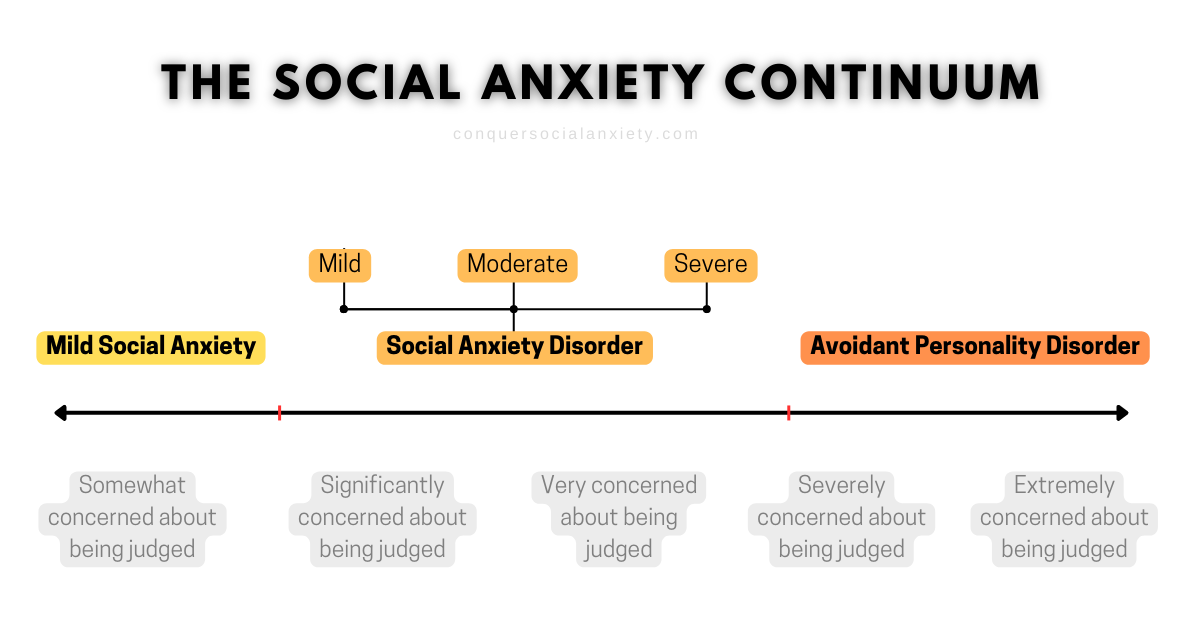
SAD is characterized by intense fear or avoidance of social situations, physical symptoms such as sweating and trembling, and significant impairment in daily activities or relationships.
AVPD is characterized by a pervasive pattern of social inhibition, feelings of inadequacy, and hypersensitivity to criticism or rejection. Individuals with AVPD often experience difficulty forming and maintaining relationships and may also experience significant impairment in daily functioning.
It is essential to note that both SAD and AVPD can significantly impact an individual’s quality of life and require appropriate interventions for effective management.
Social Anxiety Disorder: Mild, Moderate, & Severe
According to the National Comorbidity Survey conducted in 2007 by Harvard Medical School, approximately one-third of individuals with diagnosable SAD fall just above the diagnostic threshold, indicating they have mild social anxiety disorder.
If you want to know how SAD is diagnosed, click here to go to our article about the diagnostic criteria for social anxiety disorder.
Using Mild Social Anxiety to Your Advantage
Many people view social anxiety as a negative trait that needs to be overcome or treated. However, as we’ve seen in this article, mild social anxiety can actually have several benefits.
By changing our perspective and focusing on the positive aspects of social anxiety, we can use it to our advantage. Try focusing on the following upsides of having mild social anxiety:
- Mild social anxiety can act as a motivator for people to plan and rehearse social interactions, resulting in improved self-assurance and better social abilities over time.
- Heightened sensitivity to social cues and behaviors can enable individuals with mild social anxiety to better navigate social situations, interpret social cues accurately, and respond appropriately.
- Individuals with mild social anxiety may develop a greater sense of empathy and be more in tune with the emotions of others. This can lead to increased empathy and compassion, making them more effective at helping and supporting others.
- Increased social and emotional sensitivity can improve interpersonal communication and facilitate deeper connections with people.

By changing your perspective and focusing on the positive aspects of social anxiety, you can use it to your advantage. Rather than seeing mild social anxiety as a weakness, you can embrace its positive aspects and find professions and situations where it can be an asset.
If you experience mild social anxiety, don’t be discouraged. Recognize the potential benefits it can bring and use it to your advantage.
Conclusion
While mild social anxiety can be uncomfortable at times, it also comes along with considerable advantages.
By focusing on its benefits and finding ways to manage it effectively, you can improve your social abilities, deepen your connections with others, and become a more empathetic and supportive individual.
Making a shift in perspective and embracing mild levels of social anxiety can significantly improve your quality of life.
However, it is important to recognize that if social anxiety becomes more intense and starts interfering with your daily activities, it may be a sign of social anxiety disorder, a mental health condition that requires serious attention and professional help.
If you are concerned about the degree of your social anxiety, we invite you to take one of the most commonly applied social anxiety tests worldwide. You can find and take the test by clicking here.
Also, do not miss out on our free 7-day email course.
It will help you gain insight into your triggers and symptoms, learn practical tools for both short-term and long-term anxiety relief, and get on the path to a happier, more confident you with expert guidance.
Harvard Medical School, 2007. National Comorbidity Survey (NCS). (2017, August 21). Retrieved from https://www.hcp.med.harvard.edu/ncs/index.php. Data Table 2: 12-month prevalence DSM-IV/WMH-CIDI disorders by sex and cohort.
Schneier, F. R., Blanco, C., Antia, S. X., & Liebowitz, M. R. (2002). The social anxiety spectrum. The Psychiatric clinics of North America, 25(4), 757–774. https://doi.org/10.1016/s0193-953x(02)00018-7
Stein, M. B., Torgrud, L. J., & Walker, J. R. (2000). Social phobia symptoms, subtypes, and severity: findings from a community survey. Archives of general psychiatry, 57(11), 1046–1052. https://doi.org/10.1001/archpsyc.57.11.1046
U.S. Department of Health and Human Services. (2017, November). Prevalence of Social Anxiety Disorder Among Adults. National Institute of Mental Health. https://www.nimh.nih.gov/health/statistics/social-anxiety-disorder.
Share & Follow
[DISPLAY_ULTIMATE_SOCIAL_ICONS]

About the Author: Martin Stork
Martin is a professional psychologist with a background in physical therapy. He has organized and led various support groups for people with social anxiety in Washington, DC and Buenos Aires, Argentina. He is the founder of Conquer Social Anxiety Ltd, where he operates as a writer, therapist and director. You can click here to find out more about Martin.
